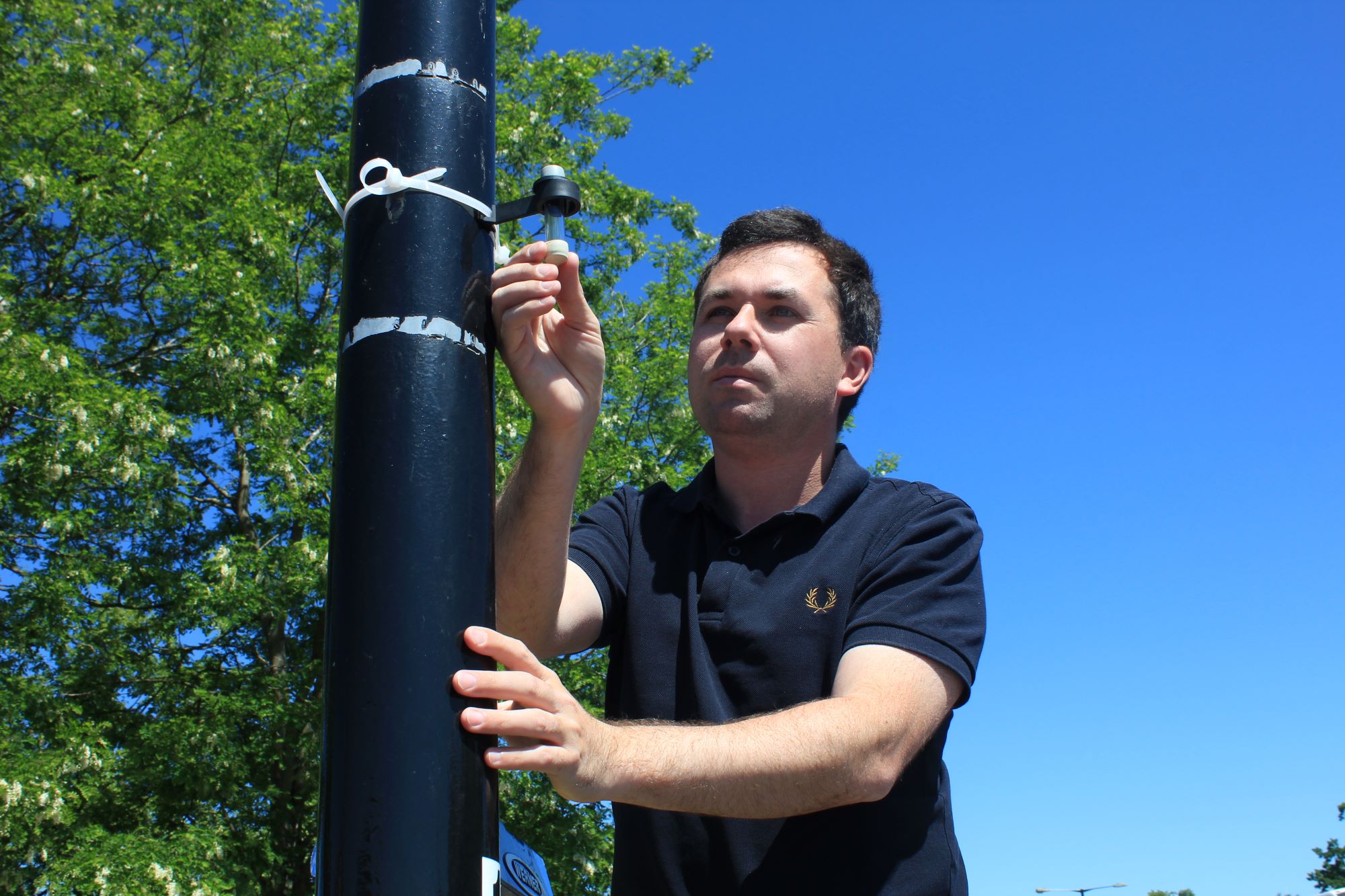
We have revoked one of two designated Air Quality Management Areas (AQMAs) in the district following a significant fall in pollution.
The revoked AQMA, which covered the A38 corridor from Wall Island to Alrewas, was originally designated in 2016 due to high levels of nitrogen dioxide - a pollutant known to irritate the airways and contribute to serious respiratory conditions.
Since 2012, nitrogen dioxide levels in the area have fallen by 48%, prompting the Department for Environment, Food and Rural Affairs (Defra) to formally approve the AQMA’s removal.
Our environmental health officers have been monitoring local air quality and developed action plans to help reduce pollutant levels.
An increase in electric vehicles, cleaner combustion engines and a fall in commuter traffic have all contributed to the reduction.
Lichfield District Council Cabinet Member Councillor Alex Farrell said:
“Air pollution is one of the biggest environmental risks to health. It can aggravate asthma, contribute to heart and lung disease, and has even been linked to some cancers.
“It also harms wildlife, so it’s fantastic to see that our efforts are delivering real results. Cleaner air is great news for residents, and it also makes Lichfield a more attractive place to live, work and invest in.”
Cllr Farrell added that confidence is growing around the potential revocation of the second AQMA in the district, located at Muckley Corner, where the A5 and A461 meet:
He said:
“We believe Muckley Corner is on track to meet air quality standards soon as well. However, challenges remain – particularly around particulate pollution from burning solid fuels like wood and coal at home, which we’ll continue working to address.”
The council will continue monitoring local air quality and updating its strategies to meet evolving health and environmental standards.

